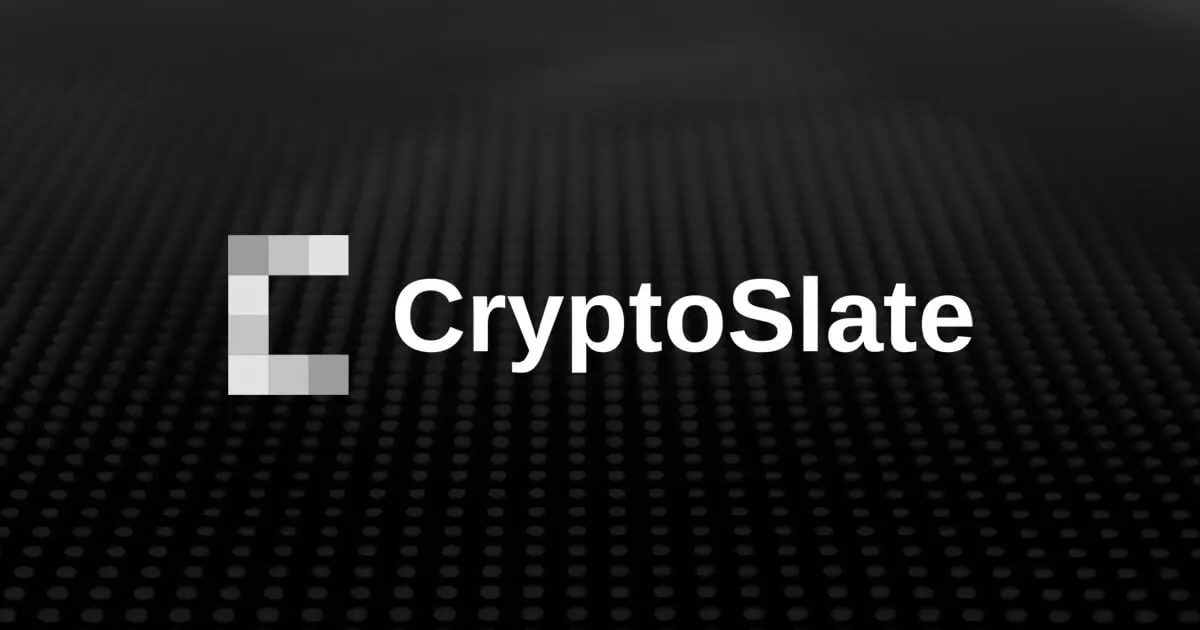In the turbulent world of cryptocurrency, narratives often pivot on perceptions of integrity and influence. Binance’s CEO, Changpeng Zhao (CZ), has recently demonstrated that fighting back against what he perceives as biased reporting is more than just about reputation—it’s a strategic assertion of power. His vehement threats of legal action against Bloomberg, an esteemed and influential news outlet, reveal a broader context: a political ecosystem where information, influence, and loyalty collide. This isn’t simply a matter of defending Binance; it’s a calculated message that the crypto industry will no longer be passive in the face of mainstream media’s bias.
While CZ’s accusations of FUD—fear, uncertainty, and doubt—resonate with many in the crypto community, they also serve a deeper purpose. They challenge the perceived dominance of traditional financial and media institutions, positioning Binance and its leadership as victims of an entrenched establishment that seeks to undermine innovation. To dismiss Bloomberg’s claims as mere “hit pieces” without engaging critically with the substance does a disservice, however, to the importance of transparency in financial dealings, especially when billions of dollars and national interests are involved. The insinuation that Bloomberg’s article is “sponsored by a competitor” may be vague, but it echoes a common narrative that mainstream outlets are biased or are pawns of larger, possibly hostile, interests.
This constant war of words is symptomatic of a broader distrust within the crypto space—a space that claims to be revolutionary yet often finds itself entangled in financial and political gray areas. CZ’s legal threats act as a dual-purpose shield and sword—deterring unfounded accusations while asserting Binance’s rights to defend itself against what he perceives as baseless attacks. Underneath it all is a firm belief that the truth must be shaped by the industry’s own narrative, rather than the reports of entrenched media outlets.
The Underlying Power Dynamics and Political Ties
The allegations concerning USD1, the stablecoin linked to influential figures like Donald Trump and his family, take the story beyond simple corporate disputes, thrusting it into the realm of political intrigue. The claim that USD1’s development was connected to a US political figure and that interest accumulated in wallets linked to the Trump family introduce a layer of controversy. CZ’s reported efforts to seek pardon from Trump—after a conviction related to Binance’s compliance failures—further underscore the deeply intertwined nature of money, influence, and political protection.
This isn’t merely about a crypto company’s legal battles; it’s a statement about the asymmetry of power in finance and politics. CZ’s willingness to publicly threaten defamation lawsuits highlights his confidence that Binance embodies a new form of corporate resilience—one that isn’t afraid to challenge powerful narratives and institutions. His prior legal battles with media outlets like Forbes and Bloomberg underscore a pattern of aggressive defense, seeking to de-legitimize negative coverage through litigation rather than debate.
In the larger context, this confrontational stance signifies a shift towards a more assertive, perhaps even combative, approach to industry narratives. It reflects a belief that traditional media—often aligned with political or financial interests—may be biased against disruptive players like Binance. From a political-centrist viewpoint, such a strategy is a pragmatic assertion of independence and sovereignty, emphasizing that innovation should not be silenced by distorted narratives or political pressure.
Legality and Loyalty in the Crypto Sphere
Binance’s history of legal confrontations reveals a company unafraid to challenge mainstream narratives, yet this approach raises questions about the sustainability of such tactics. The lawsuits against media outlets are powerful tools, but they also carry risks: potential backfire, increased scrutiny, and a perception of paranoia or defensiveness. However, the strategic message remains clear—Binance is prepared to fight to preserve its reputation and legitimacy against what CZ perceives as a biased and hostile media environment.
From a center-right liberal perspective, this stance could be seen as a defense of free enterprise and open dialogue. Binance’s willingness to contest false or misleading information underscores the importance of accountability and transparency. Yet, it’s equally vital to scrutinize the substance of these allegations, rather than dismiss them as “FUD” or partisan attacks. The tension here illustrates the delicate balance between defending corporate integrity and ensuring genuine transparency.
Ultimately, Binance’s confrontational posture exemplifies a broader ideological battle—one that champions deregulation, skepticism of government and media institutions, and the rise of decentralized financial power. Whether this strategy will prove sustainable or excessive remains to be seen, but it undeniably signals a new chapter in the evolving landscape of global finance, where influence is increasingly wielded through legal battles as much as through market capitalization.


Leave a Reply